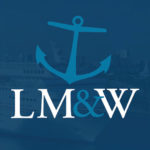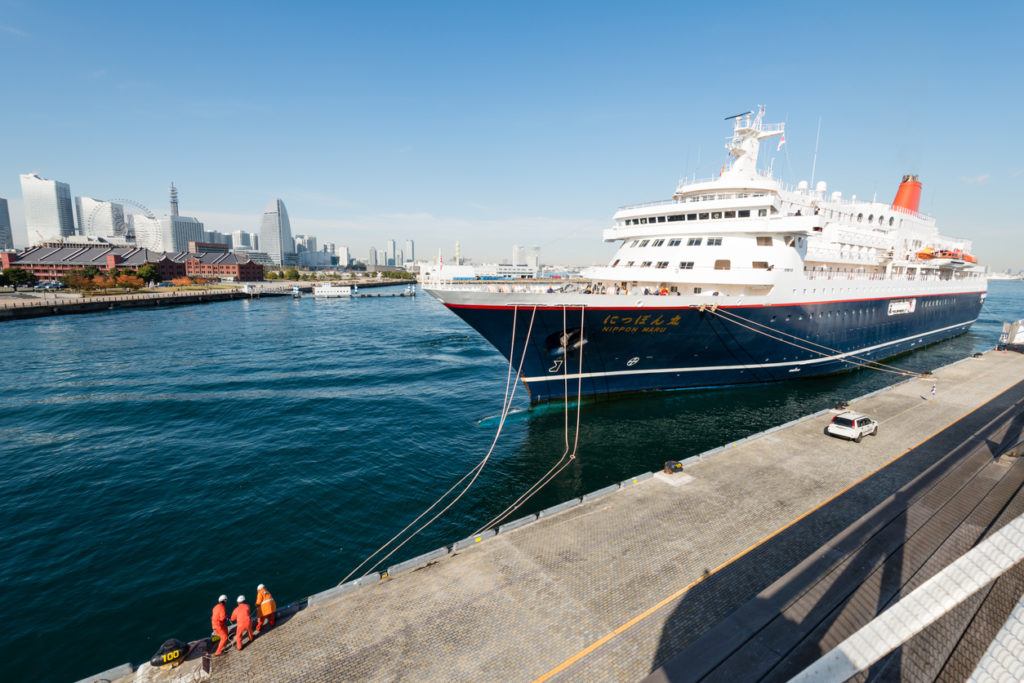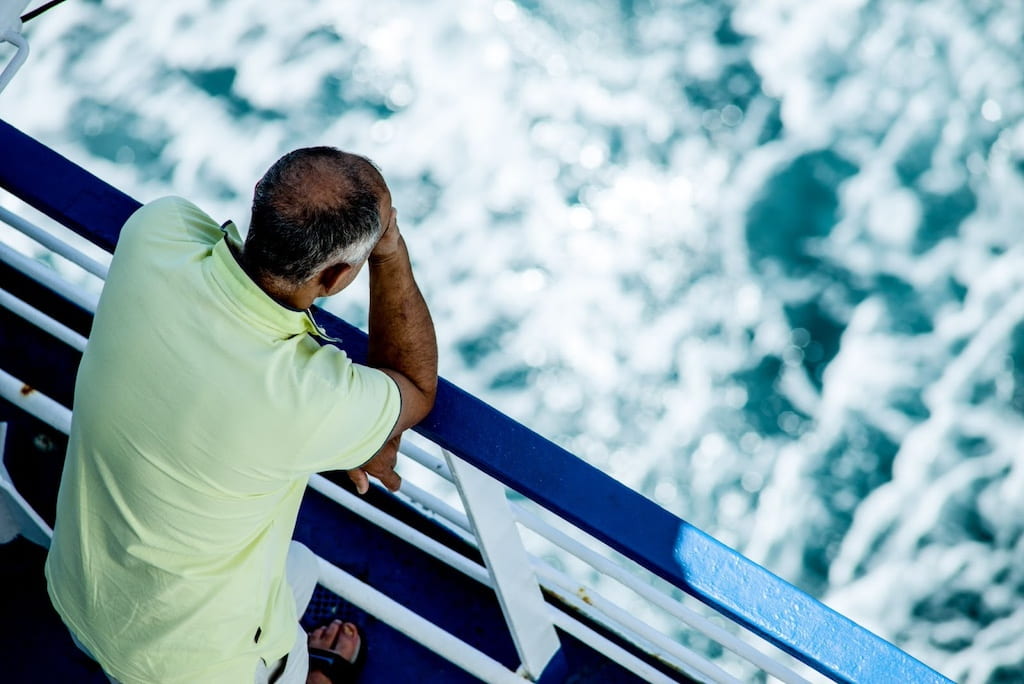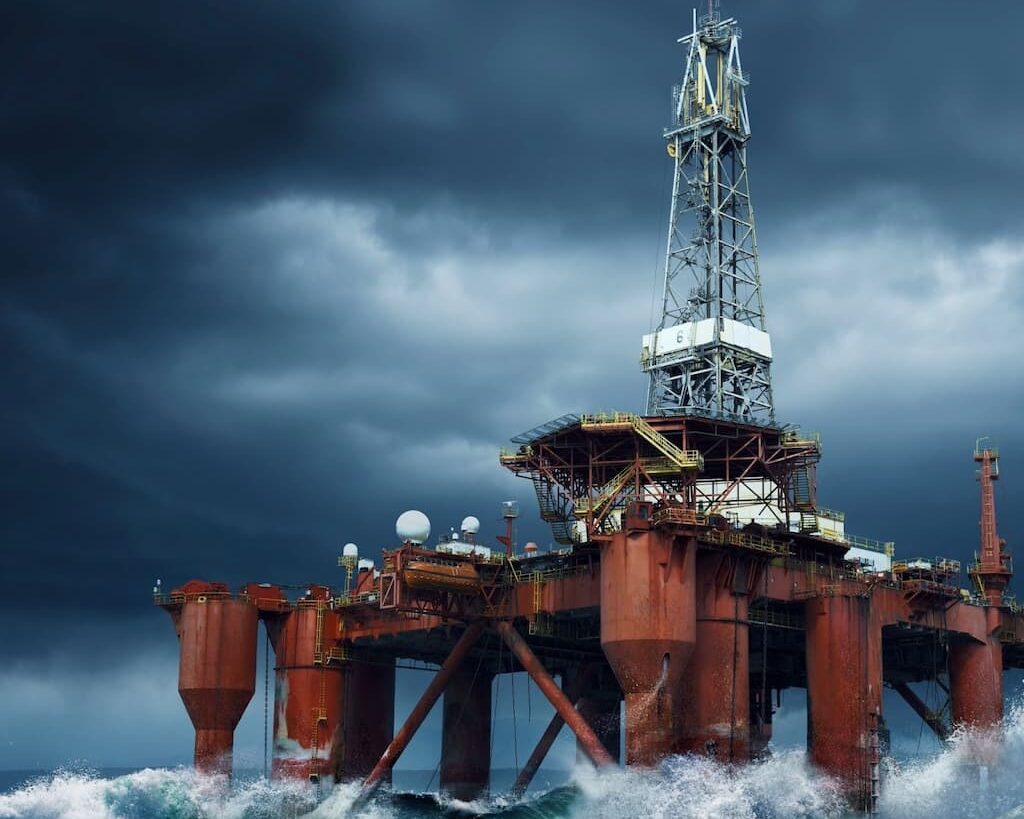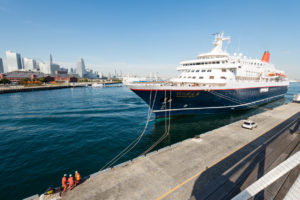
According to a statement by US Navy officials, the accident did not lead to a fuel leak or any other chemical spillover. Instead, damage was limited to the pier and Nippon Maru itself, which sustained a significant puncture-tear in its right side measuring about 35 feet.
The Guam port authority is currently investigating the matter to determine its cause. Though no passengers reported injuries, impact injuries can exacerbate existing injuries and degenerative conditions, and may not become “obvious” until a later date. Given the circumstances surrounding the accident here, it’s possible that injured passengers have an actionable claim for damages against the cruise line.
Liability in a Pier Collision Incident Can Be Straightforward
Nippon Maru technically allided with Delta pier at Arpa harbor. Under normal maritime parlance, an “allision” is when a moving vessel crashes into a stationary object — whether that stationary object is an anchored ship, or a US Navy fuel pier, as in the present case.
By contrast, a “collision” is when a moving vessel crashes into another moving object. Liability in an allision incident is somewhat more straightforward to determine, as the fault of the moving vessel is assumed (unless such fault is otherwise disproved). As such, if a passenger aboard Nippon Maru was attempting to sue and recover damages against the cruise line, then it would be quite a bit more difficult for the cruise line to shrug-off their responsibility by arguing that the liability should be with the party controlling the stationary object (here, the operator of Delta pier).
In the present case, it is not clear what caused the allusion to occur. Nippon Maru crashed into Delta pier at night, so visibility may have been limited. It’s possible that there was some mechanical issue aboard Nippon Maru that affected the lights, thus limiting environmental visibility. Alternatively, an engine or navigation defect may have caused the ship to drift inevitably towards Delta pier.
Whatever the circumstances, it would seem that there is some negligence involved, and therefore, that the cruise line could be held liable for any passenger injuries and other losses that resulted.
We Can Help
If you’ve been harmed in a cruise ship pier collision accident, then you may have a right of action against the cruise line for damages as compensation for your losses.
Cruise lines have a responsibility to hire, train, and supervise their personnel to ensure that they are equipped to safely navigate ships on waterways with a range of hazards. They must also ensure that the equipment is properly inspected and maintained. In the event that a crew member’s negligence contributed to the accident at-issue, the cruise line may be held civilly responsible pursuant to the doctrine of vicarious liability.
Here at Lipcon, Margulies & Winkleman, P.A., our nationally-recognized attorneys have extensive experience representing the interests of passengers and crew members who have been injured in a variety of cruise ship accidents, including: ship-to-ship collisions, pier collisions, overboard accidents, and more. We have decades of familiarity with cruise ship industry and how to effectively handle litigation against such defendants.
Our personalized approach to representation has earned us a significant amount of success over the years, and since our founding, we have obtained over $300 million on behalf of our maritime injury clients.
Contact Lipcon today to setup an appointment with a seasoned maritime lawyer.
Published on January 2, 2019
Categories: Cruise Ship Accidents, International Maritime
Get Free
Consultation




